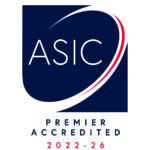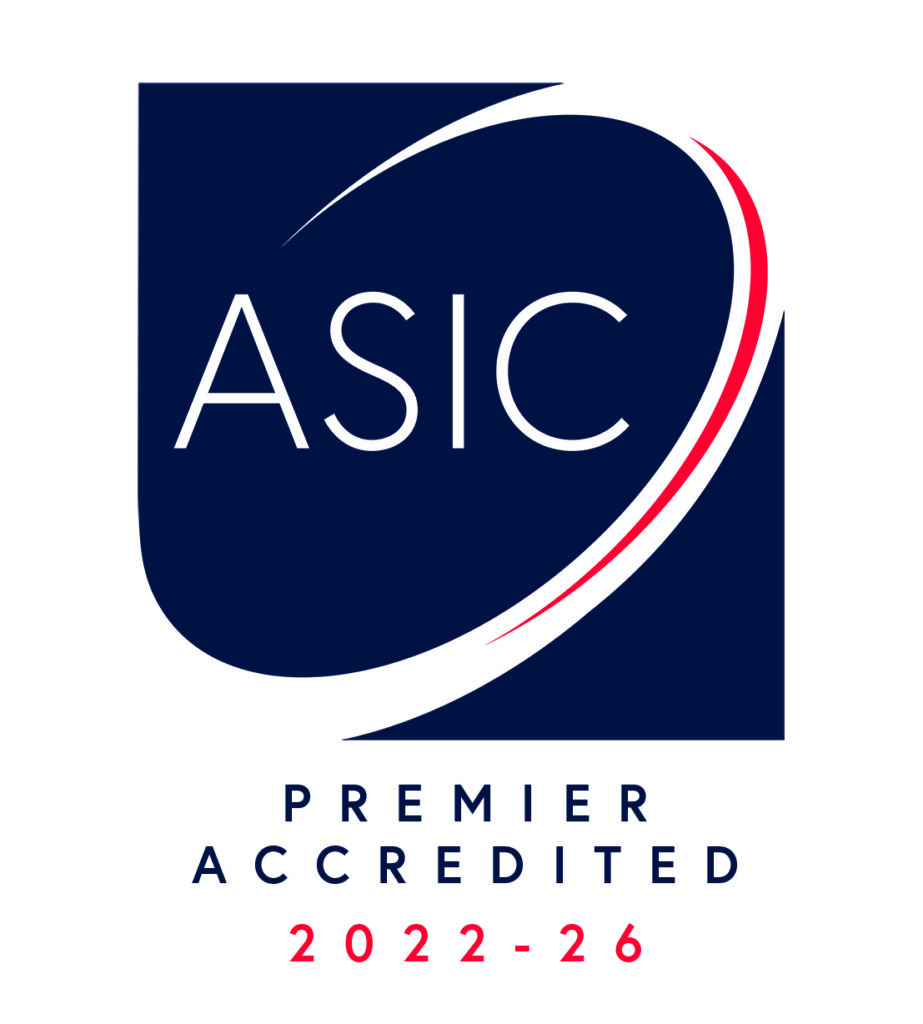What do you need to bring?

Going to study in a foreign country is always a big adventure. It is exciting, but do not forget to prepare for it. You will be away from your family and friends for a while, and you will have to get used to being on your own. It is easier to be resourceful and independent when you are prepared.
Customs and Your Luggage
Ensure that all your luggage is clearly marked with your name and your address in the UK. There are limits to what you can bring into the country, either before, during, or after you arrive in the UK. Some items may be prohibited. For a full set of rules and regulations about what you can or can’t bring into the country, please visit: HM Customs and Excise website.
The Weather - Changeable
The British weather can be highly unpredictable, one minute raining and the next sunny. In the summer months of June to August, the weather can fluctuate from 20 to 35 degrees Celsius (68 to 95 degrees Fahrenheit). In the winter months, depending on where you are in the UK, it can get extremely cold and may snow. You will need to be prepared for cold weather, so make sure you pack warm and waterproof clothing. Most people wear several layers of clothing to keep warm outdoors. Clothes and other items may be purchased in Canterbury – we have a wide range of shops and department stores. Otherwise, London is less than an hour away.
Clothing - Dress Code
Our students normally dress casually and comfortably. Tee-shirts and jeans are perfectly acceptable (keep them clean!). Singlets, vests and skimpy clothing are not permitted, and no matter how hot the weather gets, you may not come in shirtless. Students taking professional qualifications will need to adhere to our strict dress code for classes, formal events and for job interviews. Gentlemen will need a suit, sports jacket, trousers, white shirt(s) and tie; and ladies will need modest dresses. You may bring along your national costume for special events. We occasionally formal and semi-formal events like a masquerade ball or a dinner party, so you may wish to bring appropriate clothing for these.
These days, most students have internet-enabled devices such as mobile phones, tablets and laptops. You are welcome to bring these with you and free WiFi internet access is provided within the College premises. We recommend that you stock your devices with appropriate software such as an email reader, word processor, spreadsheet software and internet browser (some of these come included). You should also bring a dictionary with you or have a browsable one on your device. We do not mind the use of these devices in classrooms unless they are found to be distracting to the teacher or other students. Using your devices for activities such as downloading music, films, pornography and other intellectually-protected content illegally is strictly prohibited – this could lead to a ban on internet use or in severe cases, expulsion.
Note: voltage in the UK is 240V so make sure any electrical items you bring conform to this standard (most devices in the USA operate on 110V). Do not bring any items that are unnecessary, as many things can be bought in the UK.
You might wish to bring along things like photographs of family and friends, posters and other mementos that can help you feel more at home.
The local currency is the Pound Sterling. Each pound is divided into 100 pence. Please make sure that you bring enough funds with you to cover your fees, accommodation, travel and other living expenses. It is safer to err on the side of more, rather than less. You can change your own currency into Pound Sterling at your local bank or money changer. Travellers cheques are a good idea if you intend to bring a larger amount of money. However, you can also change the currency at a UK port of entry. You should bring at least £200 into the UK to allow for food, fares and other things that you may need immediately upon arrival. There are cash machines all over the UK which allow the use of international credit, debit and charge cards.
The UKVI recommends that students budget at least £1023 per month in areas outside of central London.
The list below estimates weekly costs for single students:
| Accommodation (up to £400 per week): | £220 |
| Travel: | £30 |
| Food: | £24 |
| Personal toiletries: | £3 |
| Laundry & Housekeeping: | £4 |
| Books, equipment & materials: | £5 |
| Clothes/Haircut: | £10 |
| Leisure/Social activities: | £15 |
| Mobile phone SIM-only plan: | £15 |
| Contents Insurance (recommended): | £7 |
| Contingencies and Emergencies: | £10 |
| TOTAL | £343 |
Obviously, these figures are only estimates, and not every one of the costs listed above will be incurred each week, or at all. For example, you might live close to the College and can just walk in. Or, you might live with a homestay provider who includes all the meals. These figures serve to provide an average snapshot of expenses incurred over each academic term.
Accommodation
For students who are unable to find their own accommodation, Warnborough College is able to arrange accommodation with an English host. Staying with a host is a unique way to learn even more about the UK and its people. Students must live within easy access to Canterbury since classes start at 9am sharp. Read more about accommodation.
All overseas students MUST take out insurance to cover them for accidents, medical care, and any unforeseen circumstances that may prevent them from arriving in the UK or continuing with their programme of study. Additionally, this could be useful if you lose your mobile phone, damage your laptop, or encounter a problem while on vacation.
Health Care
Students who are studying on a course at Warnborough College may apply to receive free healthcare from the National Health Service (NHS). Depending on your circumstances, you may be required to pay an Immigration Health Surcharge when you apply for your visa. The College’s Student Services Department can provide you with more information on this.
In any case, you may wish to take up alternative health care insurance in case of any costly things which might happen quickly. The UK’s NHS service is excellent but there can be long wait times (e.g. for surgery). Extra insurance can also cover you in situations where someone from your country may wish to fly to attend to you, or for you to return home to your country for treatment. If you have healthcare insurance in your country already, it may be worthwhile checking to see if it can be extended to cover you while you are studying in the UK.
A good level of English language proficiency is required before any official examinations are taken.
You should have a good command of both written and spoken English before embarking on an educational programme in the UK. There are many accents and colloquial expressions that can flummox even native speakers! Normally, you will be asked to provide proof of English proficiency during the course application process (usually in the form of a recognised test score like TOEFL or IELTS). Warnborough College is able to offer top-up or advanced English proficiency courses upon your arrival if there is a need for that. You will not be able to sit for any professional examination unless you have an IELTS score (or similar) of 6.5+. Exam preparation classes are provided. IELTS exams are held regularly in Canterbury.


